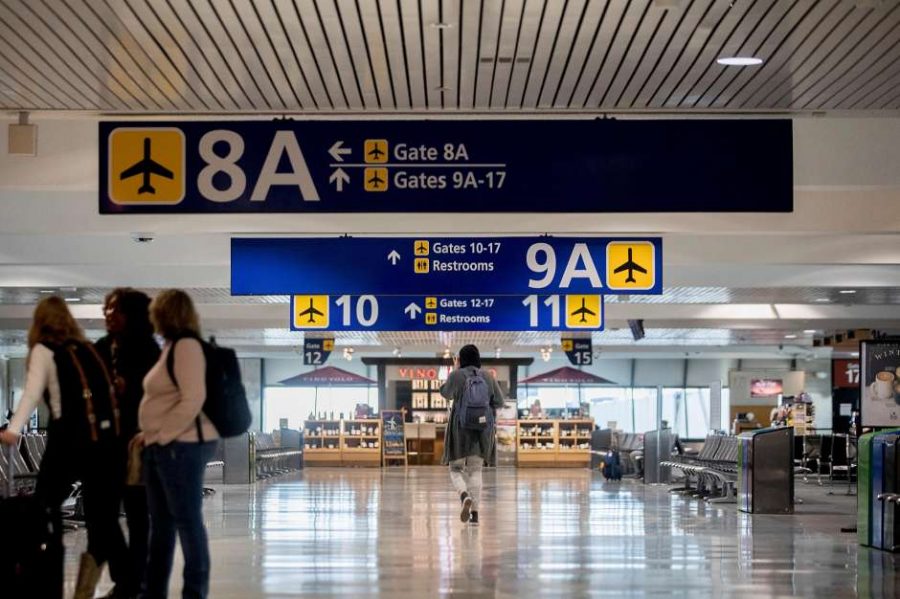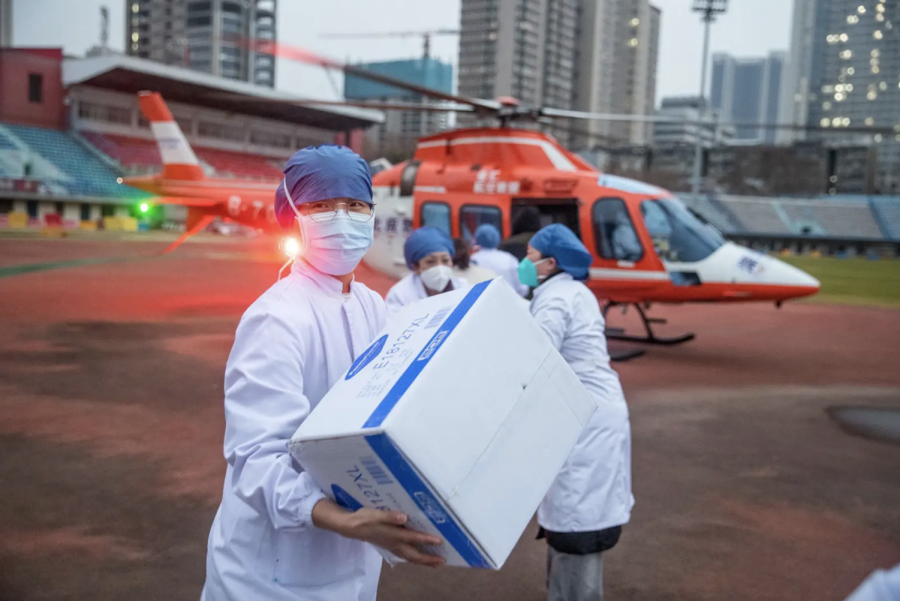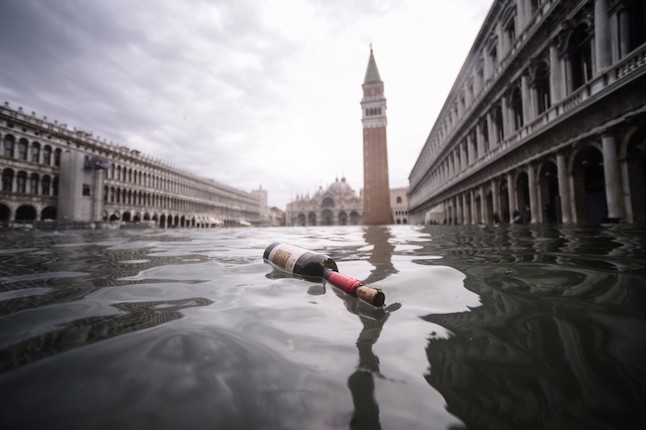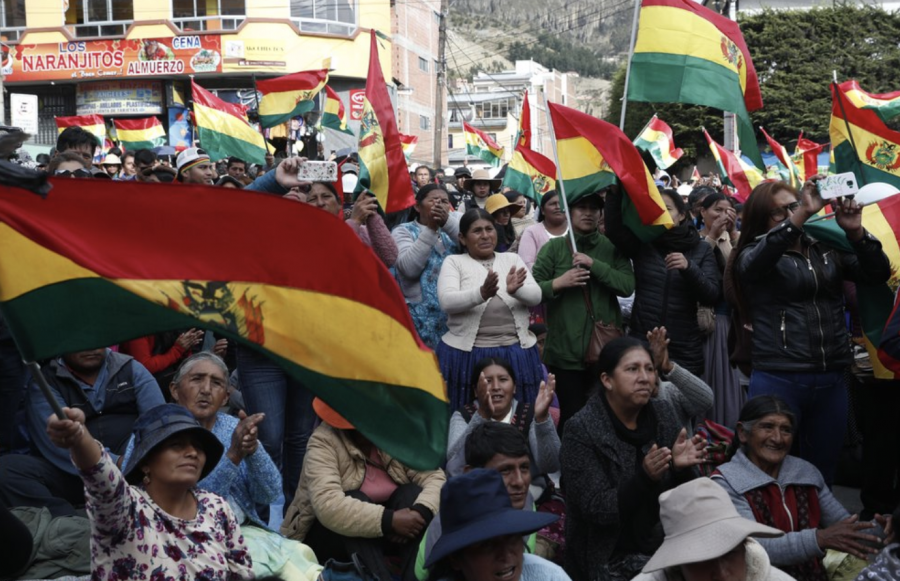By Madeleine Longwell
Staff Writer

More than 150 world leaders met in Paris on Monday for the first day of a U.N. climate change meeting that will continue for nearly two weeks. This is the 21st annual summit organized by the U.N. with the intention of setting goals to slow and limit climate change caused by human behavior.
Over the 12-day summit, leaders will have the opportunity to discuss a number of issues relating to climate change internationally. However, carbon emissions are likely going to be the most-discussed issue.
The presence of too much carbon dioxide in the atmosphere is the biggest climate change problem our world faces today. In April of 2015, carbon dioxide reached 398.29 parts per million in the atmosphere, well above the “safe” limit of 350 ppm.
As leaders work towards a climate deal, many focus on the biggest producers of carbon dioxide. Today, China contributes almost 30 percent of the world’s carbon dioxide emissions, followed by the U.S. at just under 20 percent.
For nations like China and the U.S., lowering carbon emissions is an attainable goal, but for India—which contributes to just over 5 percent of the world’s carbon emissions—the problem is much more difficult. To progress as a developing nation, India says it needs to increase its carbon emissions in the coming years.
According to the New York Times, the domestic climate change policy submitted by India before the Paris talks began not only included a “significant expansion of renewable energy” but would also see India’s carbon pollution “triple in the coming decades.”
For the U.S., a climate deal has very different effects. On Tuesday, after a meeting with five smaller nations, President Obama spoke at a news conference where he outlined the kind of climate deal the U.S. was looking for, “not just an agreement to roll back the pollution that threatens our planet, but an agreement that helps our economies grow.”
President Obama continued, saying that although establishing a climate deal upon which 200 nations can agree might be difficult, he remained optimistic about the progress over the next two weeks.
“I’m sure there will be moments over the next two weeks where progress seems stymied and everyone will rush to write that we are doomed, but I am convinced we’re going to get big things done here,” President Obama said.


















